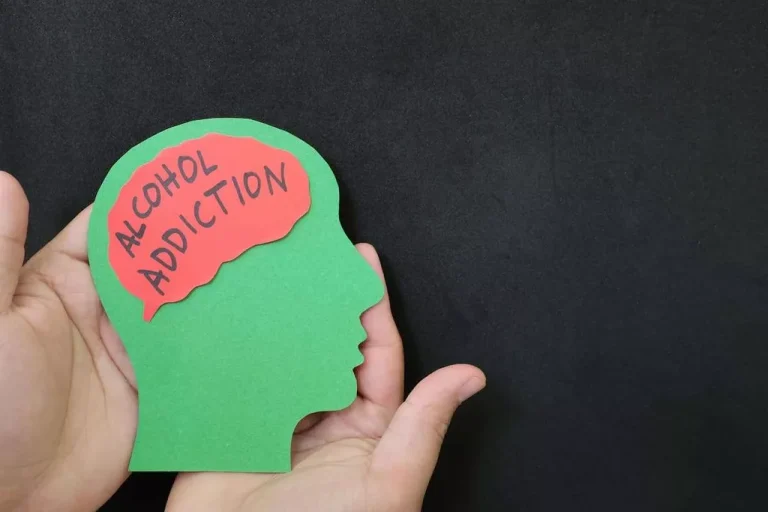In other words, the more alcohol and the less water you drink the more you would get dehydrated. Sugary drinks, like soda, can also lead to fluid loss in the gut and negatively affect kidney health. Your kidneys are essential to maintaining hydration because they control urine output.
Why does alcohol cause dehydration?
Using electrolytes while drinking alcohol may be especially beneficial for individuals with high blood pressure and other cardiovascular issues. A high-potassium electrolyte powder containing at least 1,000 milligrams of potassium can help counteract fluid loss caused by alcohol and reduce the risk of having a hangover. Consuming a meal containing plenty of healthy fats before drinking buffers alcohol absorption and allows more time to process and detoxify alcohol, which helps prevent dehydration. While drinking plenty of water is crucial to compensate for the fluid loss caused by alcohol, water alone will not hydrate you. Research published in Psychopharmacology found that alcohol suppresses the release of vasopressin, an antidiuretic hormone that regulates kidney function and urine production. When you have food in your stomach, alcohol is absorbed more slowly into your system.
Other Tips for Staying Hydrated
Some beverages can cause your body to lose water, leading to dehydration. The fastest way to cure mild dehydration https://ecosoberhouse.com/ is by drinking water, electrolyte drinks, or oral rehydration solutions as soon as you notice signs of dehydration. See a doctor if you have signs of moderate to severe dehydration.
How much water does it take to rehydrate?
- However, water might build up in other areas as our body tries to hold onto the fluids it has.
- So if you drink 200 millilitres of beer, the end result is 200 millilitres of water.
- If you’ve been drinking and are experiencing alcohol dehydration symptoms, you need to restore your body’s fluid balance.
- So what can you do to make sure you don’t get that infamous hangover headache caused by dehydration?
Each of these can be a contributor to alcohol-related headaches, but dehydration is a close threat when partaking in any alcoholic beverage. The key to avoiding dehydration is to pay attention to how your body responds to alcohol. Acetate and other waste products are then removed from the body as carbon dioxide and water, primarily through lungs. Although the kidneys remove waste products, most of the water loss is due to the effect of vasopressin. The action of suppressing this hormone exacerbates the diuretic effect and leads to dehydration. Alcohol can strain personal and professional relationships and lead to serious legal consequences.
Best Drinks for Hydration
When dehydration is detected, a message is relayed and ADH is released. Alcohol convinces the pituitary gland that ADH shouldn’t be introduced into the situation, despite the alcoholic drink itself being made up largely of water. Drinking water when you’re drunk can help mitigate dehydration. It won’t prevent you from becoming drunk or immediately counteract the effects of alcohol, but it can help dilute the alcohol concentration in your blood and reduce dehydration symptoms.
- Sugary drinks, like soda, can also lead to fluid loss in the gut and negatively affect kidney health.
- And stick to the recommended limit of one drink per day for women and two drinks for men.
- Drinking small amounts of alcohol or sipping low-alcohol beverages, like beer, is unlikely to cause dehydration.
- However, drinking large amounts of alcohol or choosing very strong drinks can contribute to dehydration.
If you’re drinking at altitude, you should probably start out with less alcohol than usual. Remember to listen to your body, prep with hydration minerals (aka electrolytes), and never drink on an empty stomach. The Centers for Disease Control and Prevention (CDC) recommends that men don’t exceed two alcoholic drinks in a day and that women limit alcoholic beverages to one drink or less. Exercise causes fluid loss, and combining it with alcohol increases the risk of dehydration, which is detrimental to muscle tissue and can slow down recovery.
If you are unaware of your body temperature rising, you may become hotter and more dehydrated without realizing it. If you take diuretics, antacids, laxatives and blood pressure medication, they may be designed to flush water and electrolytes out of your body. Vomiting, sweating and having diarrhea can each cause a loss of fluids. Electrolytes help regulate how much water stays in the cells of your body, too. OK, you’ve been trying to drink more water, but you’re still feeling dehydrated. So, it’s important to watch out for signs that you’re not drinking enough water.
Luckily, there are a few things you can try to stop dehydration from alcohol in its tracks. Yes, rehydration is one of the best ways to reduce hangover symptoms. It’s probable that a does alcohol dehydrate you cocktail such as a vodka and soda is less dehydrating than a straight shot of vodka. Dehydration is also a big part of why you get a hangover after drinking too much. It’s hard to overestimate the importance of water to the body.
Drink Responsibly At Altitude
The most common symptoms of alcohol dehydration include thirst, a dry mouth, headaches, muscle aches or cramps, fatigue, and dark-colored urine. Drinks with higher alcohol content, including vodka, whiskey, and rum, can have a stronger dehydrating effect than beverages with lower alcohol content, such as beer or wine. While it can be tempting to consume alcohol on a hot summer day, the combination of high temperatures and alcohol can cause considerable fluid loss and dehydration. Alcohol is a diuretic because it suppresses the release of vasopressin, also known as antidiuretic hormone.
If you are experiencing dry mouth or skin, headaches, muscle cramps, or dark-colored urine, these are signs of dehydration. You can reverse dehydration by taking in more fluids, but some people may be at risk of complications. Drinking a lot of low-alcohol drinks can also add up to a very thirsty evening, though. One standard drink, according to American Addiction Centers, should contain around 0.6 ounces of pure alcohol. According to the CDC, drinking alcohol in moderation is safe for most people.






